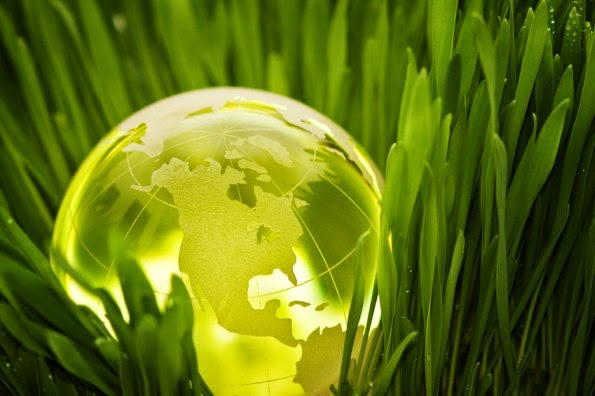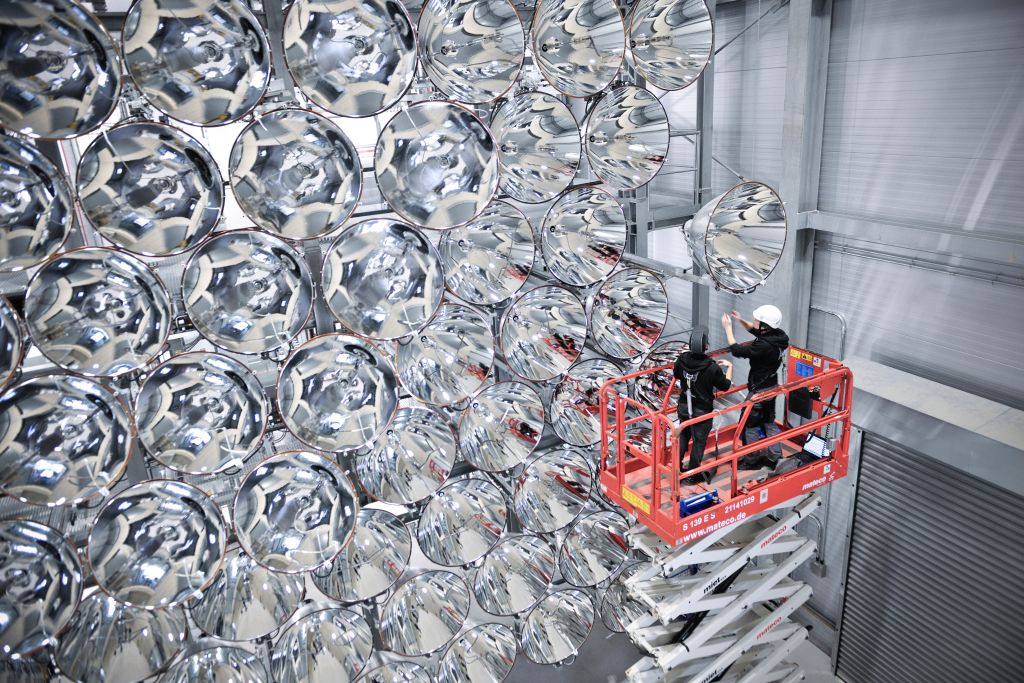
London introduces coffee cup recycling facilities across the City and aims to collect and recycle half a million cups in the City of London throughout April, rising to 5 million by the end of the year.

Scottish wind turbines sent more than 1.2 million megawatt hours of electricity to the National Grid in March. The turbines produced enough electricity to meet the electrical needs of 136 % of Scottish households.

A $1 billion battery and solar farm will be built at Morgan in South Australia's Riverland by year's end in a project the proponents describe as "the world's biggest".

Pretty Plastic Plant is an assembly of six machines that can sort waste plastic by color, wash it, melt it and turn it into plastic slates and tiles.

If you want a template for making renewable energy work in the here and now, look no further than the Scottish island of Eigg, which is powered almost completely by wind, solar, and hydro technology.

Today China closes the first of its state-licensed ivory carving factories and retailers, a move conservationists hail as a big step toward saving elephants from extinction.

The mayors of London and Paris are acting to cut air pollution in their cities by monitoring emissions and rating vehicles based on their score.

Economic evidence suggests that the scheme could be cheaper to run, and boost recycling more, if it was run as a lottery instead, with every recycled bottle representing a “ticket” to a prize draw.

Dubbed the “artificial Sun”, the Synlight uses concentrated light to power Thermochemical Water Splitting (TWS.) The Synlight project will mimic the effect of intense, continuous solar energy, something that is not readily available in Germany.

Kenya has banned the manufacture and import of all plastic bags used for commercial and household packing. It's the latest African nation to do so.

A new report released this week by the International Energy Agency (IEA) and the International Renewable Energy Agency (IRENA) is the latest attempt to address the question of global warming.

A company has run the first successful test of the world’s only hydrogen fuel cell passenger train. The zero-emission silent train is powered by a single hydrogen fuel cell, producing electrical power for the traction.

A group of researchers funded by a Japanese government program develops “industrially compatible” cells.

Air New Zealand and Virgin Australia say they have compiled a short-list of potential companies for the supply of commercially viable, locally produced aviation biofuel.

Madison, Wisconsin and Abita Springs, Louisiana are transitioning to 100 percent renewable energy. They join 23 other cities across the United States that have declared similar goals.